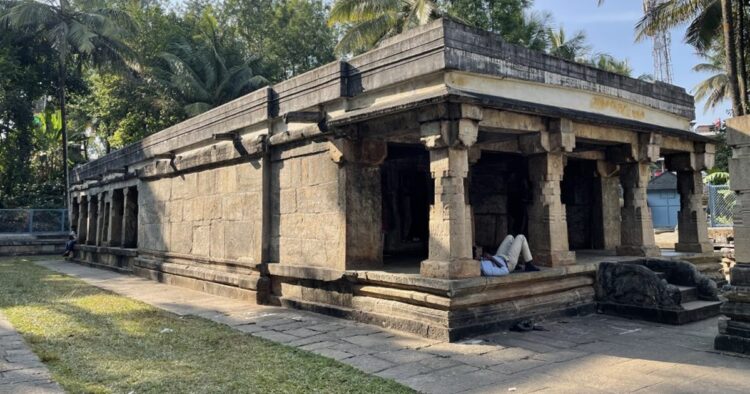In a move that has ignited controversy in Kerala’s political landscape, K Surendran, the state BJP chief and candidate from Wayanad, has proposed changing the name of Sulthan Bathery to Ganapathi Vattam. This proposal has stirred up a three-cornered fight in the upcoming 2024 Lok Sabha polls, with Surendran challenging Congress leader Rahul Gandhi and CPI candidate Annie Raja.
During a recent rally, Surendran brought up the historical figure of Tipu Sultan, connecting him to the town’s name change. He argued that Sulthan Bathery, originally known as Ganapathi Vattam, should revert to its former name. The town’s association with Tipu Sultan dates back to the 18th century when it served as a crucial point in his conquest of Malabar.
Sulthan Bathery, once a Jain temple site, was repurposed by Tipu Sultan’s forces as a storage ground for artillery during his campaign in the region. This historical transformation led to the renaming of Ganapathi Vattam to Sulthan Bathery, a name that persists to this day.
The proposed name change has sparked debates regarding historical legacies and cultural identities. While Surendran’s supporters argue for a restoration of the town’s original name, critics see it as an attempt to rewrite history and undermine Tipu Sultan’s significance in Kerala’s past.
The controversy surrounding the name change has drawn reactions from various political quarters. Leaders from the Indian Union Muslim League and the Congress have criticized Surendran’s proposal, dismissing it as a bid for attention. They assert that Kerala’s cultural heritage should not be subjected to political agendas.
Despite the contentious nature of the proposal, the discussion around Tipu Sultan’s legacy has gained momentum in Kerala ahead of the Lok Sabha elections. The historical significance of Sulthan Bathery continues to be a point of contention, reflecting the complexities of identity and history in the region.
As the political landscape heats up in Wayanad, the debate over the town’s name serves as a reminder of the enduring influence of history on contemporary politics. Whether Surendran’s proposal gains traction or not, the discussion underscores the importance of preserving and understanding Kerala’s rich cultural heritage amidst the shifting tides of political discourse.

















Comments